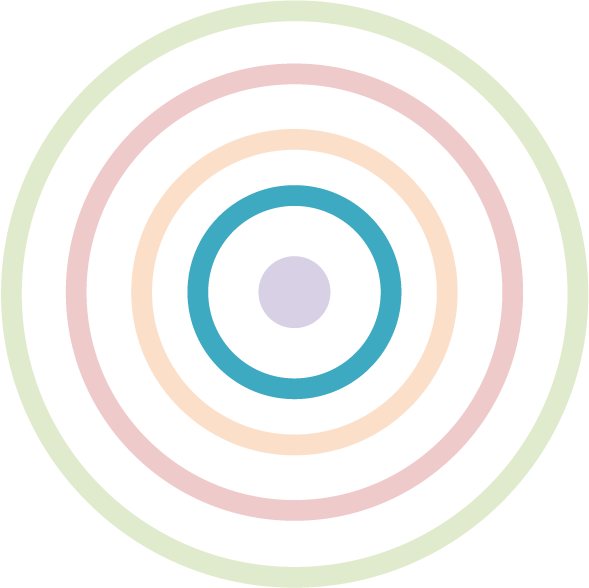
Social Locations – Persons Living in Poverty
Equity Framework > Social Locations > Persons Living in Poverty
In Toronto, one in four children and one in five adults live in poverty [1]. Poverty has complex structural and systemic roots, and wide-ranging consequences on child development, health, education, and other outcomes [2,3].
Poverty in Toronto is systemic and it affects some groups more than others. The traditional pathways out of poverty are broken, and large numbers of residents are struggling to make ends meet. Poverty is gendered, racialized, and geographically concentrated. Child poverty affects families in every part of Toronto; but the highest rates of child poverty are among Indigenous, racialized, and newcomer families [4]. Women, newcomers, and racialized groups are significantly overrepresented in lower quality jobs, and precarious employment with limited job security and employment benefits [5]. The impacts of poverty can be seen in:
- food insecurity,
- employment precarity,
- poor health outcomes, and
- and housing instability.
Poverty occurs on a wide scale across race, gender, disability, citizenship status, and space [3]. Poverty has a range of long lasting negative impacts for individuals and families. Mobilizing to reduce and ultimately end poverty takes new ways of thinking and working, including centering the well-being of families and communities [4].
To learn more about to child and family well-being disaggregated by parental income, please visit the Equity Analysis Toolkit page or read about the Financial Security or Rights and Opportunities outcomes on Raising the Village.
References
- Wilson, B., Maddox, R., Polanyi, M., kerr, m., Ekra, M. & Khanna, A. (2018). 2018 Toronto Child & Family Report: Municipal Election Edition. Toronto, Ontario: Social Planning Toronto, Well Living House, St. Michael’s Hospital, Children’s Aid Society of Toronto, Colour of Poverty, Colour of Change, OCASI, Family Service Toronto, and Ontario Campaign 2000. Retrieved February 19, 2020, from https://assets.nationbuilder.com/socialplanningtoronto/pages/2079/attachments/original/1538147211/2018_Child_Family_Poverty_Report_Municipal_Election_Edition.pdf?1538147211
- Homeless Hub: Poverty. Retrieved February 19, 2020, from https://www.homelesshub.ca/about-homelessness/education-training-employment/poverty
- Moore, T. G., Mcdonald, M., Carlon, L., & Orourke, K. (2015). Early childhood development and the social determinants of health inequities. Health Promotion International, 30(suppl 2), ii102–ii115. Retrieved February 19, 2020, from https://academic.oup.com/heapro/article/30/suppl_2/ii102/643035
- City of Toronto. (2017, November 15). TO Prosperity: Toronto Poverty Reduction Strategy 2017 Report and 2018 Work Plan. Retrieved September 1, 2023, from https://www.toronto.ca/legdocs/mmis/2017/ex/bgrd/backgroundfile-109105.pdf
- Momani, B., Johsntone, R., Ferrer, A., Basir, N., Walton-Roberts, M., Hennebry, J., Finn, M., Kearney, K., Callie, L., & Uszkey, J. (2021). Knowledge Synthesis Report on Canada’s Racialized Immigrant Women and the Labour Market. Available from: https://uwaterloo.ca/women-work-and-the-economy/sites/default/files/uploads/files/ircc_knowledge_synthesis_august_23_2021.pdf
